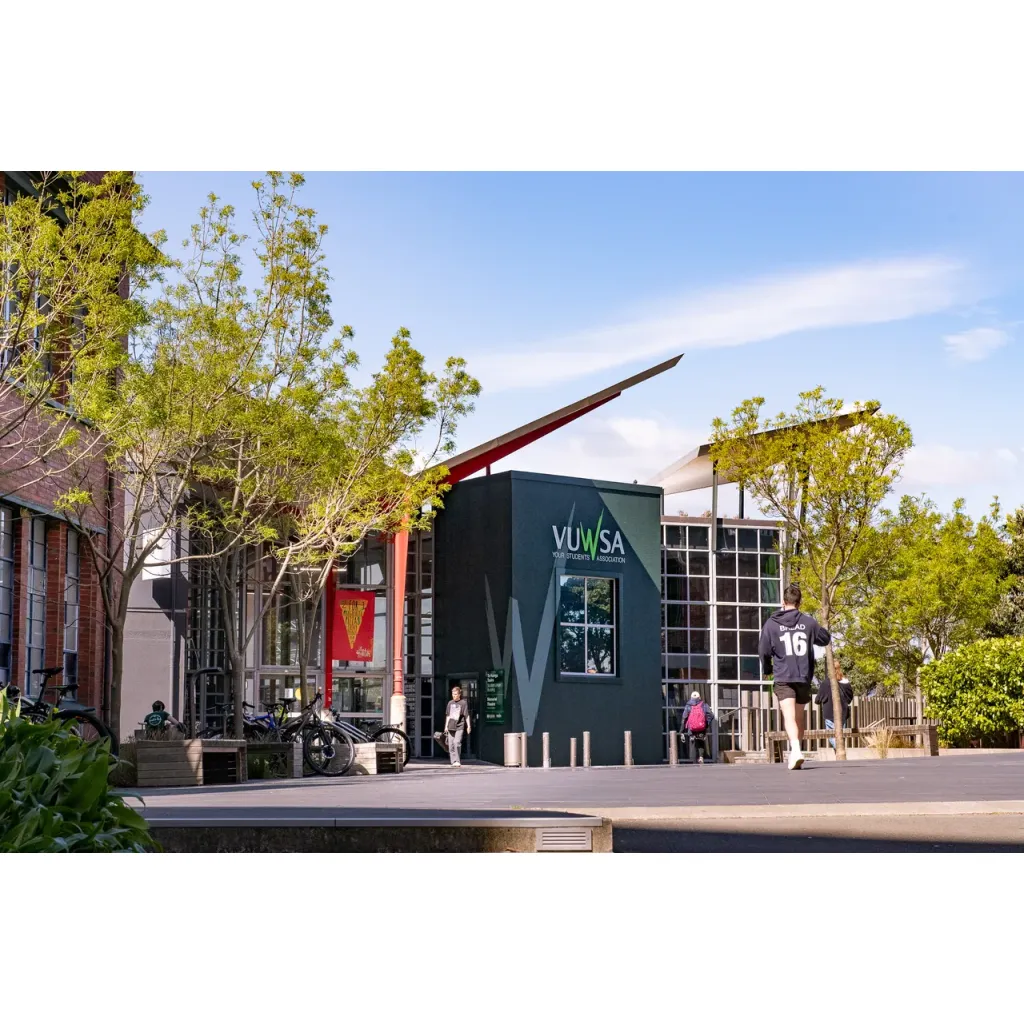Earn a globally recognized degree and make significant contributions to your field with a Master of Science (MSc). This program will enhance your technical, laboratory, and academic writing skills, preparing you for a successful career in science.
The MSc program can be completed in two to two and a half years of full-time study or up to four years part-time.
– First Year: Engage in coursework related to your specialized subject area.
– Research Phase: Conduct supervised, in-depth research for 12–15 months, culminating in a thesis. You may also have opportunities to publish in peer-reviewed journals during your studies.
To enroll in the MSc program, you need a Bachelor’s degree in a relevant field with a B+ average or higher in your subject area. Candidates with appropriate work or other experience may also qualify for entry.
